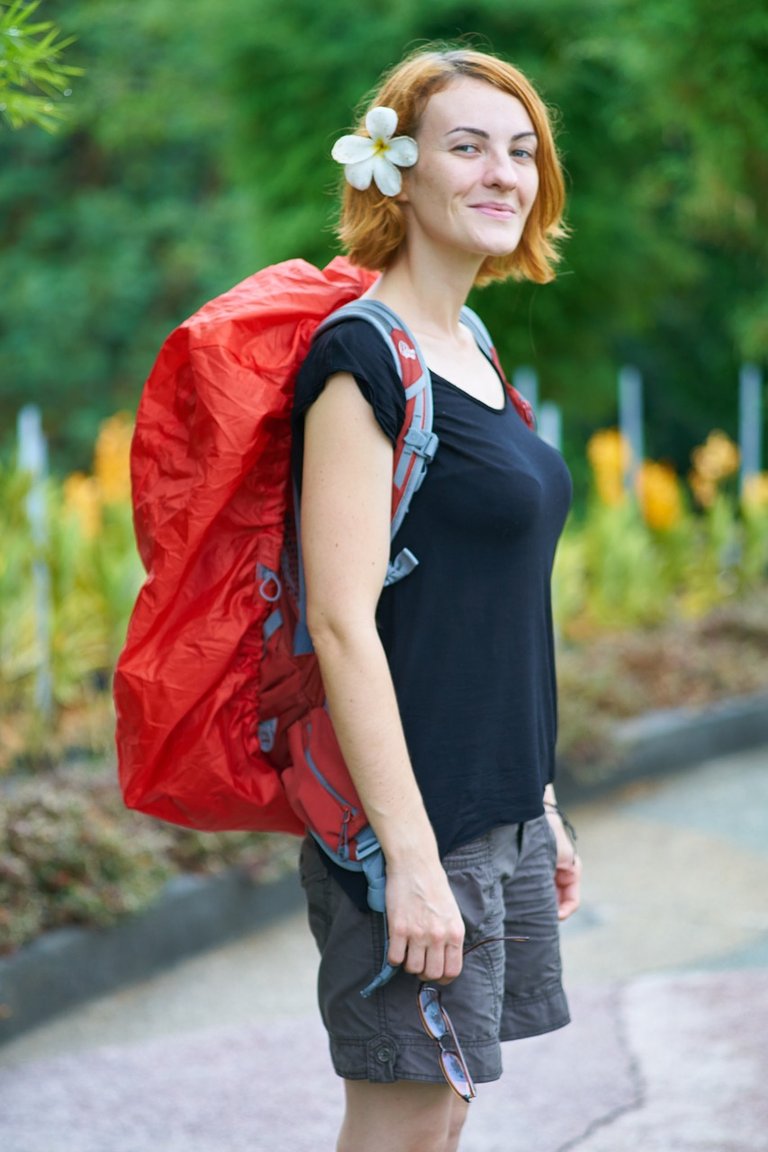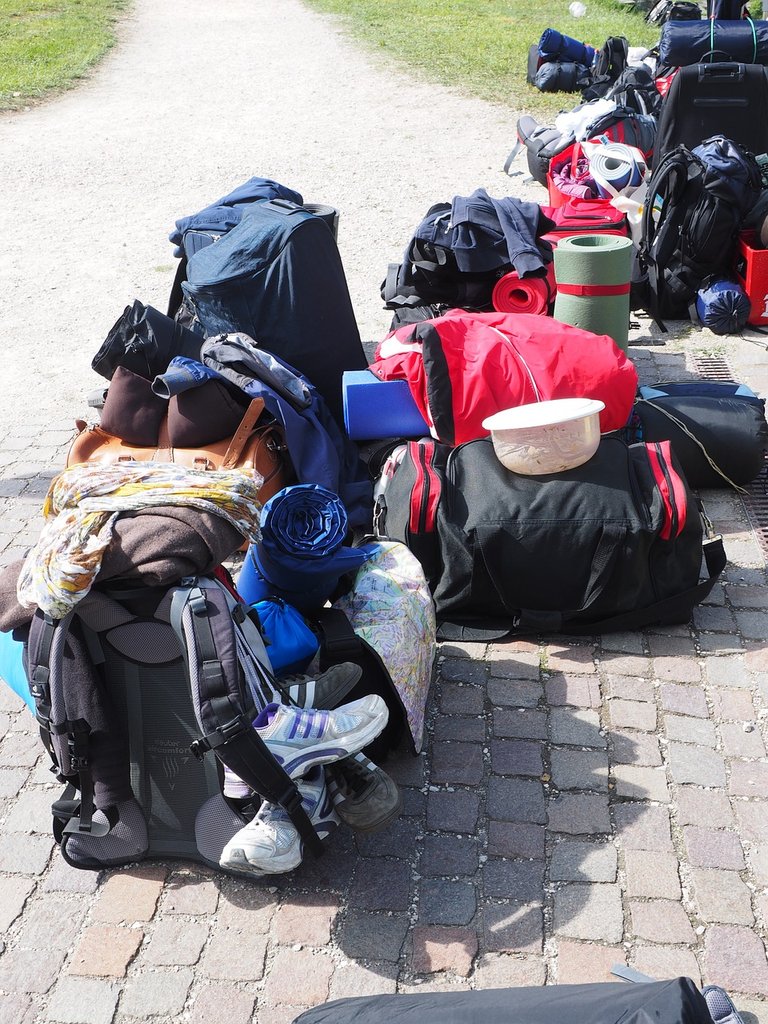No cargues mochilas ajenas es una frase que escuchamos o leemos comúnmente bien en los libros de desarrollo personal o en los muros de las personas que seguimos en las redes sociales y hasta quizá en algún twitter o simplemente un trozo de papel que nos llegó a las manos. Está frase contiene una gran importancia y sabiduría si logramos entender el mensaje que se oculta tras las palabras con las que está escrita. No cargues mochilas ajenas, no es más que un llamado a nuestra consciencia al despertar de nuestra razón y valoración como personas. En cuántas ocasiones nos hemos sentido culpables por algo que no nos correspondía? Cuántas veces hemos dejado que los problemas de otras personas nos afecten a tal punto de romper con nuestro equilibrio? Quizá más de las que hemos deseado.

Source: pixabay.com
This phrase is anchored to the feeling of guilt that as human beings we have learned to develop when we cannot solve the lives of others, without understanding that we do not have the power to solve or change anyone's life. As people in our sense of solidarity we can help those who are in a disastrous or bad situation, we can suggest and show some options but never make decisions about the lives of others and much less take responsibility for their failure. Even when we are parents there comes a time when we understand that our children's life is theirs alone and that if we have done our job well showing them the right path and how to differentiate good from bad, they and only they will be responsible for what happens with their lives, especially when they are adults.
Esta frase se encuentra anclada al sentimiento de culpa que como seres humanos hemos aprendido a desarrollar cuando no podemos resolver la vida de otros, sin comprender que nosotros no tenemos el poder de resolver o cambiar la vida de nadie. Como personas en nuestro sentido de solidaridad podemos ayudar a quienes se encuentra en una situación desastrosa o mala, podemos sugerir y mostrar algunas opciones pero nunca tomar decisiones sobre la vida de otros y mucho menos hacernos responsables por su fracaso. Incluso cuando somos padres llega un momento en el que comprendemos que la vida de nuestros hijos es sólo suya y que si hemos hecho bien nuestro trabajo mostrándole el camino correcto y a diferenciar lo bueno de lo malo serán ellos y sólo ellos los responsables de lo que pase con su vida especialmente cuando ya son adultos.

Source: pixabay.com
When we carry the backpacks (problems) of others, we shoulder a negative energy that does not belong to us but that consumes us very little. There are those who, in an eagerness to feel useful, take over the things that others should do, believing that this will make them happier or make other people's lives happier. Someone who loves and values you will not give you their problems to carry them but rather will look for you to share, that you can listen and give good advice but will never ask you to solve something that is not your responsibility. In life there are beings who look for others only to consume their positive energy, to take over their good disposition and desire to do things out of love and solidarity, but who are weak and allow themselves to be deceived. Not to burden ourselves with the problems of others makes us be in solidarity with ourselves and especially allows us to value those who come into our existence not to burden us with problems but to share harmoniously, to transform and grow together. So my dear readers, "Do not carry other people's backpacks".
Cuando cargamos las mochilas (problemas) de otros nos echamos al hombro una energía negativa que no nos pertenece pero que nos consume de poco. Hay quienes en un afán por sentirse útiles se adueñan de las cosas que otros deben hacer creyendo que con eso serán más felices o le harán más feliz la vida a las otras personas. Alguien que te quiere y valora no te dará sus problemas para cargarlos antes bien te buscará para compartir, que le puedas escuchar y dar un buen consejo pero jamás te pedirá que soluciones algo que no es tu responsabilidad. En la vida hay seres que buscan a otros sólo para consumir su energía positiva, para adueñarse de su buena disposición y ganas de hacer las cosas por amor y solidaridad pero que son débiles y se dejan engañar. No cargar con los problemas de otros nos hace ser solidarios con nosotros mismos y muy especialmente nos permite valorar a quien llega a nuestra existencia no para cargarnos de problemas sino para compartir de forma armónica, transformar y crecer juntos. Así que mis estimados lectores “No carguen mochilas ajenas”.

Congratulations @emimoron! You have completed the following achievement on the Hive blockchain and have been rewarded with new badge(s):
Your next target is to reach 2000 upvotes.
You can view your badges on your board and compare yourself to others in the Ranking
If you no longer want to receive notifications, reply to this comment with the word
STOPCheck out the last post from @hivebuzz:
Support the HiveBuzz project. Vote for our proposal!